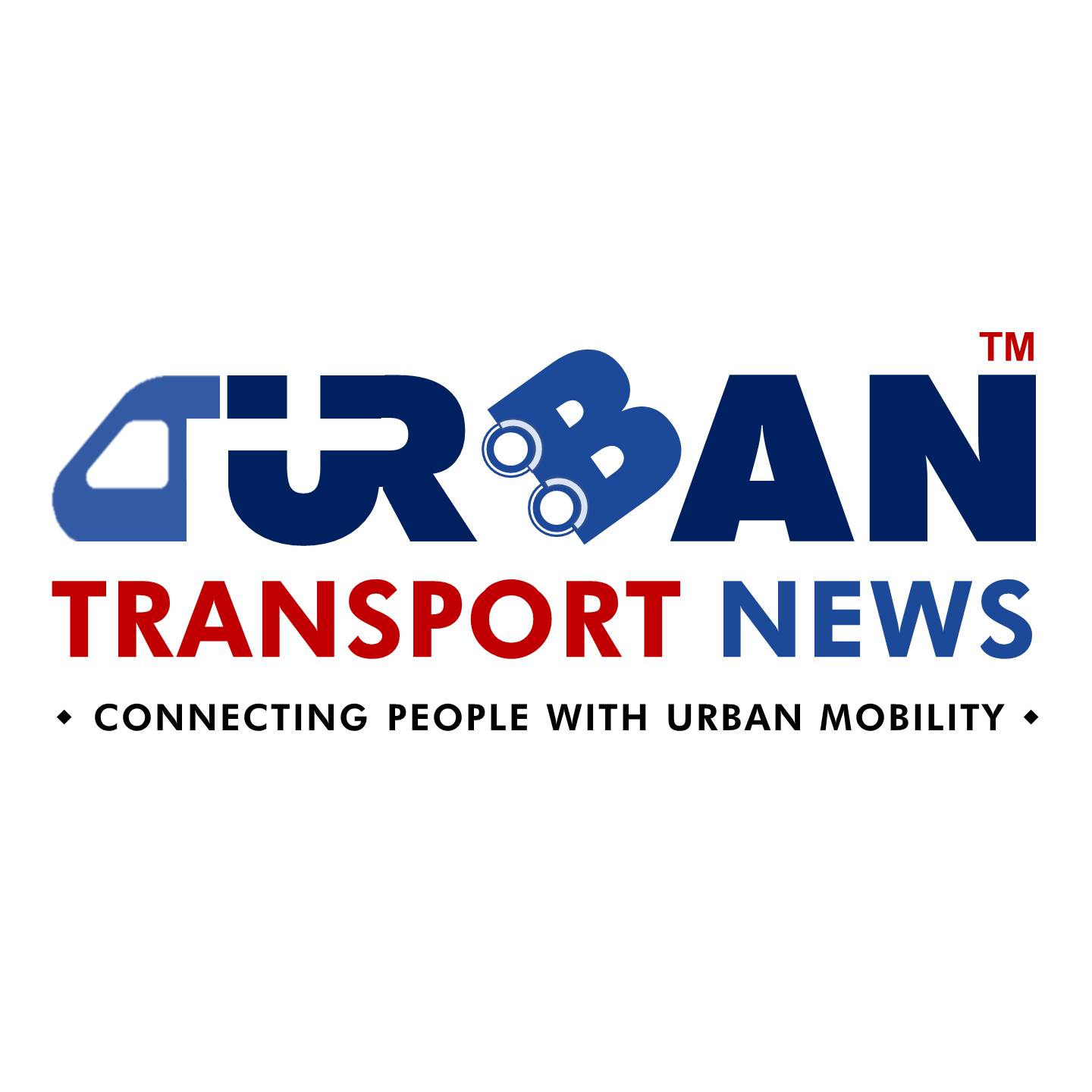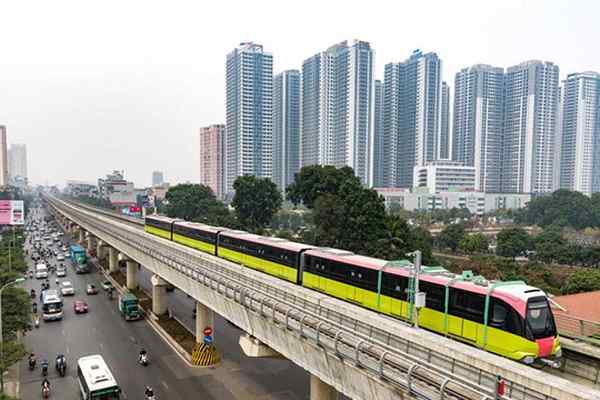 Vietnam plans new metro rail lines to replace its BRT systems in Hanoi
Vietnam plans new metro rail lines to replace its BRT systems in Hanoi 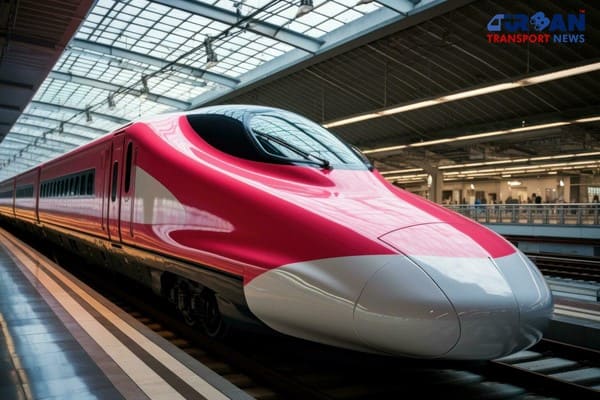 Revolutionizing Indian Railways: The Rise of Indigenous High Speed Bullet Trains
Revolutionizing Indian Railways: The Rise of Indigenous High Speed Bullet Trains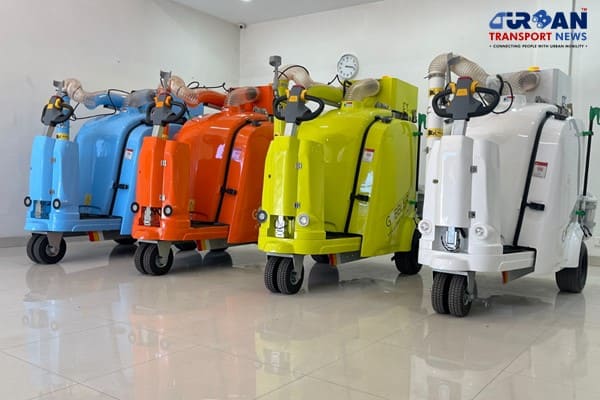 Ayodhya deployed Gobbler Litter Buster to keep the City clean
Ayodhya deployed Gobbler Litter Buster to keep the City clean BMW's Emissions Investigation: What Does It Mean for Drivers?
BMW's Emissions Investigation: What Does It Mean for Drivers?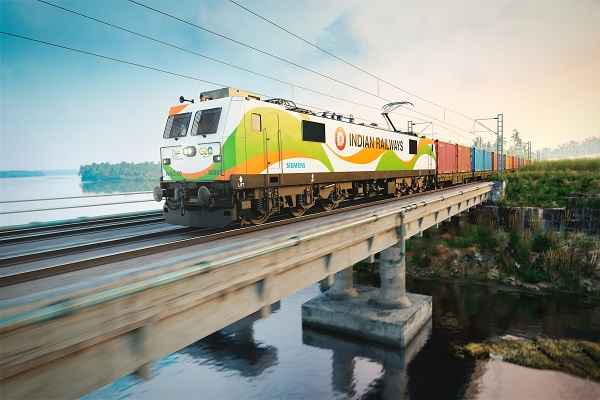 171 Years of Indian Railways: A History of Innovation and Progress
171 Years of Indian Railways: A History of Innovation and Progress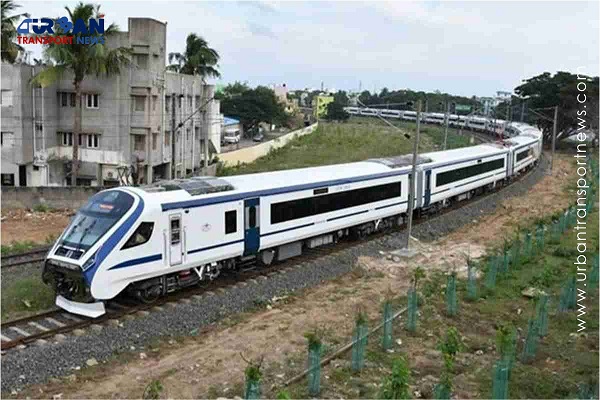 Vande Bharat Express trains carries over two crore passengers since their inception
Vande Bharat Express trains carries over two crore passengers since their inception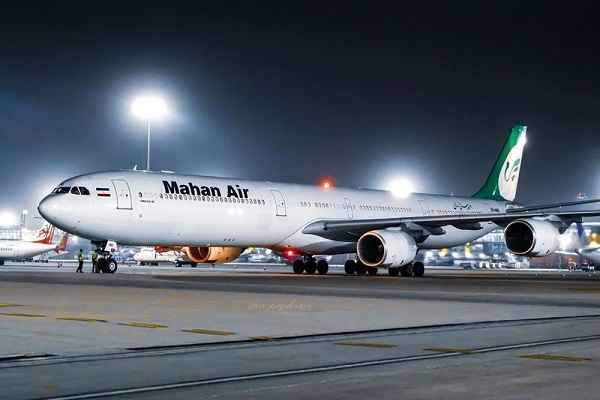 BPCL partners with Noida International Airport to construct ATF Pipeline
BPCL partners with Noida International Airport to construct ATF Pipeline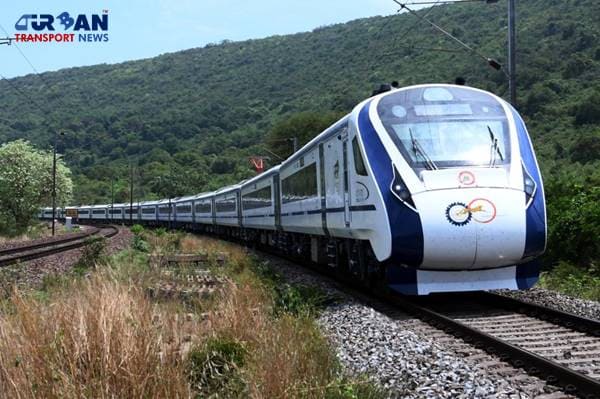 What are the Railway Development Plans in BJP's Manifesto for 2024-2029?
What are the Railway Development Plans in BJP's Manifesto for 2024-2029?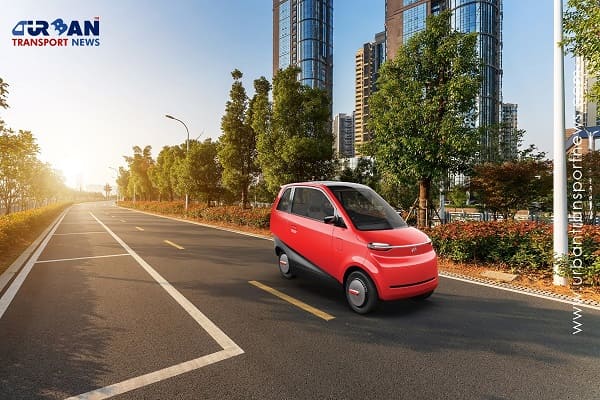 Latest innovations shaping the urban mobility sector across the globe
Latest innovations shaping the urban mobility sector across the globe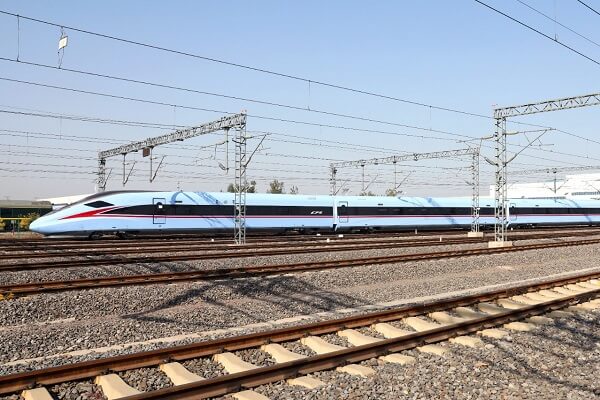 California issues RfP for procurement of High Speed Bullet Trains
California issues RfP for procurement of High Speed Bullet Trains
Exclusive talks on how mobility will become a big play for Siemens in India?
 (Image © Siemens)
(Image © Siemens)
New Delhi, India (Urban Transport News): Global engineering and technology firm Siemens recently signed a Rs 26,000 crore (US$3.25 billion) contract with Indian Railways to supply and service 1,200 high-power electric locomotives. This is the biggest locomotive deal in the history of Siemens Mobility and the single largest order for the company in India.
In an interview, Michael Peter, chief executive officer of Siemens Mobility and Sunil Mathur, managing director and chief executive officer of Siemens Ltd, India, discuss what the order means for the company and how mobility will become a big play for the entity in India, with domestic rolling stock manufacturing also servicing the large Asian market.
The world has witnessed two tough years of covid, and now, the ongoing Russia-Ukraine conflict has become the biggest business disruptor. How have the transportation and mobility segments fared in these challenging times?
Michael Peter: I must say that the global trends of investing in rail transportation, whenever challenged, get even stronger. On the contrary to getting disrupted, many countries that are now thinking about stimulating the economy said they want to invest money into intelligent solutions and into something that, on the whole, helps them achieve global CO2 reduction targets at the same time. So, our orientation has never suffered. And there is a lot of confidence now in how adverse economic situations could be tackled. It is a fact that during covid, ridership numbers went down. So, some of our customers did have budgetary issues, mostly on the metro side.
From an industry perspective, the biggest impact for us actually was logistics hiccups, and we were not getting certain semiconductors. But at Siemens, we pride ourselves that we have been able to deliver to our customer commitments with higher effort. The war has fuelled inflation, largely driven by rising energy costs. I think in that regard also, the mobility industry is somewhat protected because most of our contracts are long-term but have escalation formulas.
But covid impacted mobility and must have disrupted business activities.
Michael Peter: Covid provided governments time to think about investments to invent the transportation of the future. They want to change the image of transportation, and it’s got to be digital transportation for the passengers and the riding experience. So, disruptions have actually helped the sector as designs for transportation of the future are now getting implemented worldwide.
We are staring at a worldwide recession this year. How insulated are your operations to tide over the evolving situation?
Michael Peter: Usually, when you have a recession, governments invest in maintaining governmental spending. This investment grows many times in transportation. We have seen that the operators coming out the best from covid are the ones that are most digital. Now, if you can book a ticket over the cellphone, it’s easier to come back into operation versus if you have to buy a paper ticket. So, what you want to read about recession or its impacts, it’s not really hitting our industry.
In India, the mobility play is still a very small fragment of the overall Siemens operation. Why has the company been slow to tap the potential and expand its investment in this area?
Sunil Mathur: I think we have to wait for clear signs from the Indian Railways. We were present in electrification and signalling. But there were no clear signs about a vision of the railways in the future. And there were no clear milestones, which we have now started seeing in the last three or four years. And with that, we’ve seen a clearer vision of the railways. We have seen that that vision is being implemented. We have seen that the process is open, transparent, and swift. And these are all elements that instil confidence in us to start investing here in the country.
Michael Peter: We’ve always invested in India actually for the global market. We have an engineering centre here. We opened up a design centre for rolling stock recently in Bangalore. It’s true, the market is actually credible now. India has done 30,000 km of electrification in the last eight years -- that’s the network of complete Germany. I think there are megatrends that suggest that the government here will have to do something against global warming. India will become the most populous country in the very near future, and its CO2 emissions on a worldwide level will scale to 25% level. India says it wants to come from 27% of freight being transported on the rail to 45% on these locomotives. This makes us hugely excited, and we want to be a part of that story and bring technology here.
How much investment will Siemens make in the project to deliver and service 1,200 high-power electric locos to the Indian Railways?
Sunil Mathur: ₹26,000 crore is the revenue that the electric loco project will generate over a period 11 years and then 35 years of maintenance. Beyond that, the investment element is not very high because we already have investments in our factories. And the railway contract just enhances the utilization of our factories.
When would the first loco roll out as part of the contract?
Sunil Mathur: The first set of 9000 HP electric locos will roll out from the railways’ Gujarat facility in 24 months’ time, and subsequently, the entire delivery will be completed over a period of 11 years.
Michael Peter: For us, it will be 500 jobs that are created in this project, but overall, railways would create much more jobs. Another special about the project will be the complete localization of electric locos. Our engineering centre here has developed motors to be used in the loco, and more than 90% of the design works and many concepts have been created locally. So, for us, it means also, at the same time, becoming completely local.
Will the railway contract start up a new set of investments by Siemens in the mobility space?
Michael Peter: As I said, we have invested in engineering centres in India and very recently, we opened up the Aurangabad bogey factory as part of Siemens’ global concept, where we have few global factories. In this area, we only manufacture in one factory in Austria and now in India. We have always been strong in signalling; now, we are in rolling stock. And we will, of course, try to evaluate what it means for the Asia Pacific market. Also, we will look at railway tenders now coming out for EMUs and metro trains.
How important is India for Siemens now?
Michael Peter: India is tremendously important for Siemens. We have been functioning here on a global scale in electrification and signalling. On rolling stock, we have been focused on Europe and North America. So, for us to go towards Asia and also use India, possibly in the future, as a stepping point is tremendously important for us.
The Union Budget is around the corner. Do you have any expectations from the government in terms of measures that are required to support mobility growth in India?
Michael Peter: We will like to see changes in the bidding process in India which follows a life cycle approach where quality pays off and not the lowest purchasing price.
Sunil Mathur: As far as the budget is concerned, there have been substantial outlays for the railways in the last two to three years. And these outlays are being utilized under a clear strategy focused on implementation, which was not the case earlier. So, I think there will be increased outlay for the railways in this year’s budget. The award system is very clear; it is very transparent. Also, in this order, it has been very clear and very transparent about what they are looking for. And I think that is what gives international players a whole lot of confidence.
What do you think about India’s growth story amid the talk of global turmoil?
Sunil Mathur: I do believe the India growth story is intact. The country’s strategy has always been, or at least for the last two or three years has been to start investing in infrastructure and capex. And that is a wise strategy because when you invest in capex and infrastructure, you feed downstream a whole lot of companies and that fuels the GDP. Well, when you start improving the infrastructure, you make it easier for private companies also to start their expansion. Factories are now running at over 75% utilization in the country. Automotive, agriculture, food and beverage steel all of these segments are doing well. These are basically the foundations of the Indian economy. Inflation is not out of gear. We are used to a certain level of inflation; the government has been able to keep it over there. Correspondingly, interest rates have been raised marginally, but they have not slowed down growth. We will have to see how long the global impacts happen. Commodity prices are coming down, on the one hand, that is a good story. Oil prices are going up. We’ll have to see what impact that has, but the RBI has recently come out with its evaluation. I think it’s a very fair and straightforward view of the economy, which is cautiously optimistic.
Will Siemens look at mergers and acquisition activity in India to expand its footprint?
Michael Peter: India is going the way technology transformation is happening globally with the introduction of cleaner and greener railroad networks. It is one of the biggest countries in the world and with the most population. So, with India going this way, we want to be a part of it. We want to contribute technology, and M&A may take place if it helps to achieve a global scale for mobility. We always look at acquiring the technology. We invested 1 billion euros alone in the last year for building up the software suite and that’s actually something also I think we would like to discuss with customers in India.
Curtesy: LiveMint




